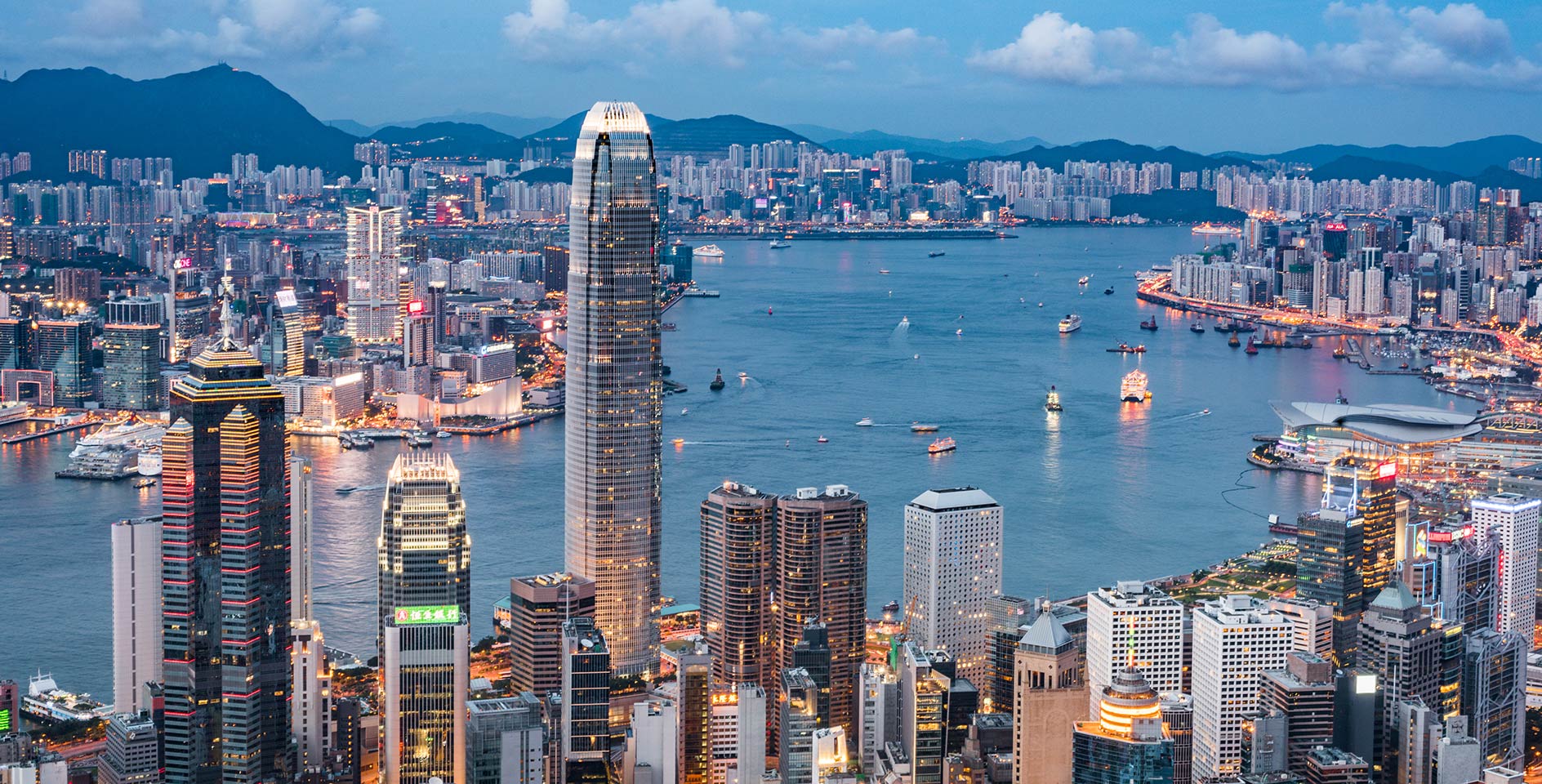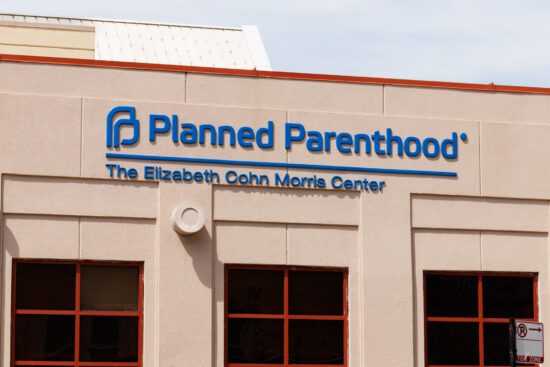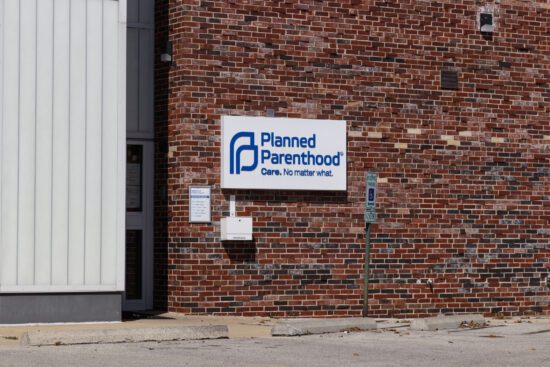This week, the Chinese Communist Party (CCP) signaled its intention to force a new, sweeping security law on Hong Kong that would ban sedition, secession, and treason. While Hong Kong has its own Legislative Council that operates with a certain amount of autonomy from Beijing, this national security bill would be passed and imposed by the mainland’s National People’s Congress, which began its annual meeting today, on Hong Kong.
This move would represent a dramatic erosion of the decades-old principle of “one country, two systems,” which has defined the relationship between Hong Kong and mainland China since 1997. Under this system, Hong Kong operates with a “high degree of autonomy” and without political interference from Beijing. For Hongkongers, this meant they enjoyed significant individual freedoms relative to their mainland neighbors. The city’s Basic Law, a constitution of sorts adopted by the national government in Beijing in 1997, guarantees these liberties. In exchange, western democracies treated Hong Kong with a special status, allowing Hong Kong to serve as an important banking and trading hub with mainland China and the region.
China’s move to impose a new draconian security law on Hong Kong puts the individual liberties of Hongkongers at risk—and potentially the city’s special status as well.
The bigger picture
Under the leadership of President Xi, Beijing has taken an increasingly aggressive posture toward Hong Kong, a posture that has escalated over the last 12 months. Last year, Hong Kong Chief Executive Carrie Lam, who was appointed with Beijing’s consent, introduced and attempted to pass a bill that would allow extradition of Hong Kong residents to mainland China. This bill sparked months of prolonged protests, at times grinding Hong Kong to a halt, and involving a number of student-led takeovers of college campuses.
These protests died down as the COVID-19 pandemic spread to Hong Kong, leading to a public health shutdown. But the underlying issues fueling this political movement in Hong Kong were still simmering below the surface.
This week, Hong Kong’s government signaled it would give priority to a controversial bill entitled The National Anthem Bill. This legislation would make it a crime punishable by up to three years in prison "to insult China’s national anthem." Criteria are laid out in the bill for when and how the National Anthem should be played and sung, and legally requires school children, including international schools, to learn the anthem.
Curious timing
Beijing officials face increasing global pressure for their slowness and lack of transparency with the outbreak of COVID-19. In response, the communist officials kicked off a global public relations campaign attempting to salvage its image after public criticism for their response to the virus. In recent days, President Trump announced he would permanently end all funding from the United States to the World Health Organization (WHO), a specialized agency of the United Nations with a broad mandate to act as a coordinating authority on international health issues. The threat to cease funding was contingent on the WHO “committing to substantive improvements within the next 30 days.” The U.S. is the largest contributor to the WHO, however, President Xi followed Trump with his own announcement that China would voluntarily contribute an additional $2 billion.
But this comes at a time when China is relatively isolated and the international community is frustrated with Beijing’s continued deception throughout the COVID-19 pandemic.
Further, China’s move to reach into Hong Kong’s sovereignty comes at a time of increased scrutiny on Beijing’s relationship with Hong Kong.
In November of 2019, the Hong Kong Human Rights and Democracy Act overwhelmingly passed the U.S. Congress and was signed into law by President Trump. The legislation requires a regular reassessment from the U.S. State Department as to whether Beijing is holding up its obligations to maintain Hong Kong’s autonomy. The administration would then have the option of adjusting or revoking the special economic treatment the U.S. has afforded the island-city since 1997. Such a move by the U.S. would carry significant economic repercussions for mainland China and its relationship with not only the U.S. but the entire Western world.
What’s next?
Secretary of State Mike Pompeo delayed the release of the department’s report to Congress on Hong Kong, which would answer whether Hong Kong is sufficiently autonomous to continue receiving special economic treatment by the United States. According to Sec. Pompeo, the delay was “to account for any additional actions that Beijing may be contemplating in the run-up” to China’s May 22 National People’s Congress (NPC) “that would further undermine the people of Hong Kong’s autonomy.”
In recent days, Sec. Pompeo asserted that the “recent treatment of Hong Kong pro-democracy activists made it more difficult to assess that the territory remains highly autonomous from China.”
Whether the administration is willing to take such a significant step remains to be seen. U.S.–China relations have deteriorated significantly over the last several months, and China’s human rights record continues to draw attention.
Hongkongers enjoy a level of freedom and autonomy that people in mainland China do not, such as the freedoms of religion, speech, and assembly. There is palpable fear that those freedoms will soon be restricted if China asserts its power and dominance over Hong Kong. Indeed, the fact that the CCP systematically detained over 1 million Uyghur Muslims in “re-education” camps, uses Uyghurs for forced labor, and persecutes Christians and other religious minorities looms large in the worries of Hongkongers.
Hong Kong is more than an important trading hub—it is a symbol of freedom for the region. Hong Kong is also a coal mine canary, an early warning system for the consequences of the path President Xi has chosen for his country.
This administration has the tools to stand up for Hong Kong and stand up to President Xi. Now, it’s time to use them.











